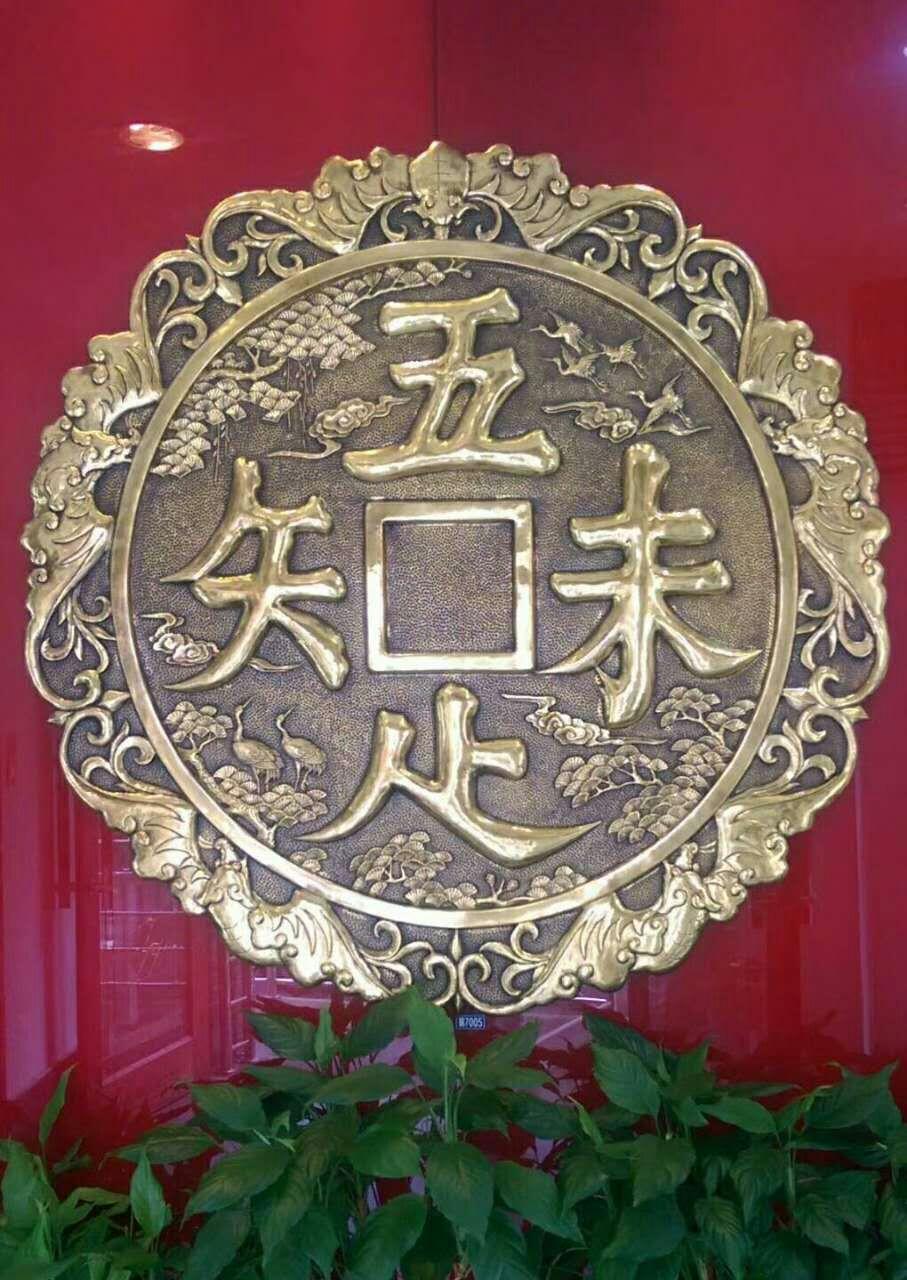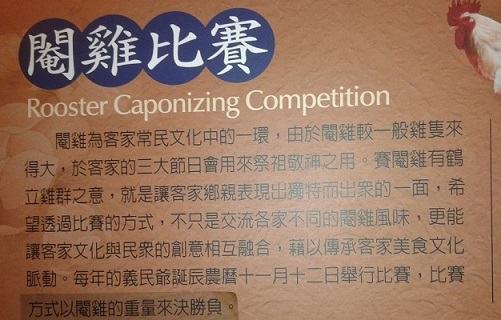The challenging importance of spacing in Korean
Fascinating article from BLARB (Blog // Los Angeles Review of Books:
"Our Language Battle: Korea’s Surprisingly Addictive Game Show of Vocabulary, Expressions, and Proper Spacing", by Colin Marshall (9/1/19)
This is the second paragraph of the article:
Having found myself living in the genuinely foreign country of Korea, I’ve lately also found myself watching Our Language Battle (우리말 겨루기), a game show that has aired every Monday evening on KBS since 2003. Though it occasionally invites celebrities, and this past July even brought on members of the National Assembly, it usually pits four everyday Koreans (or four teams of two, usually family) against each other in a test of their knowledge of the Korean language. It begins simply enough, with the contestants buzzing in to guess the words or phrases that fill in a crossword-style board, but soon the challenges get dramatically harder: separating folk spellings and regional variations from the officially standard, filling in words missing from old television and newspaper clips, and — most difficult of all, even for contestants who otherwise dominate the game — properly re-spacing a text whose words all run together.
Read the rest of this entry »


